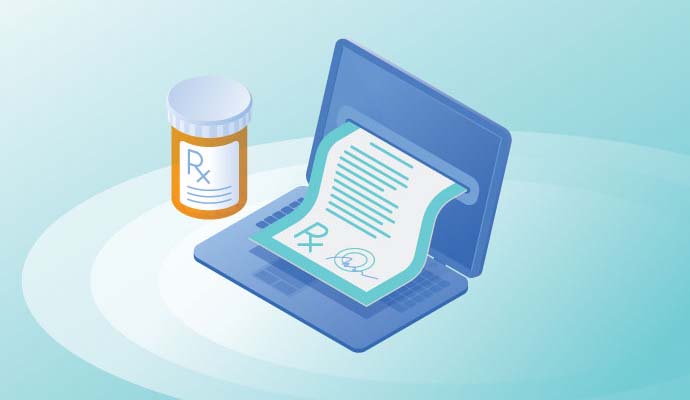Eli Lilly, Merus to Develop T-Cell Bispecific Antibody Therapies
The collaboration will leverage Merus’ Biclonics platform and Loxo Oncology’s scientific drug design to research and develop three T-cell bispecific antibody therapies.

Source: Thinkstock
- Loxo Oncology, a subsidiary of Eli Lilly and Company, and Merus N.V. recently announced a collaboration and exclusive license agreement to research and develop up to three CD3-engaging T-cell redirecting bispecific antibody therapies.
Clinical-stage oncology company, Merus, will lead discovery and early-stage research activities, while Loxo Oncology will be responsible for additional research, development, and commercialization activities.
Specifically, the collaboration will leverage Merus’ proprietary Biclonics platform along with the scientific and rational drug design of Loxo Oncology.
Merus’ CD3 T-cell engager platform includes over 175 novel and diverse anti-CD3 common light chain antibodies across a wide range of affinities and attributes, Eli Lilly and Company highlighted.
"CD3-engaging bispecific antibodies are rapidly becoming one of the most transformative immune-modulating modalities used to treat cancer. We expect these therapies will become an important component of the Loxo Oncology at Lilly biologics strategy," Jacob Van Naarden, chief operating officer of Loxo Oncology at Eli Lilly and Company, said in the announcement.
"Merus has built a differentiated platform and one that we believe can enable us to create bispecific antibody therapies with wider therapeutic indexes than those available today. We look forward to working closely with Merus to develop new potential medicines for patients with cancer,” Naarden continued.
Under the terms of agreement, Merus will receive $40 million upfront, another $20 million equity investment from Eli Lilly and Company in Merus common shares, and up to $540 million in potential development and commercialization milestones per product.
Additionally, the company will receive tiered royalties if Eli Lilly and Company successfully commercializes a therapy from the collaboration.
The transaction is subject to customary closing conditions, Eli Lilly and Company stated.
“We look forward to working together with Loxo Oncology at Lilly to define a new generation of medicines to treat cancer,” said Bill Lundberg, MD, president and chief executive officer at Merus.
In October 2019, Merus announced that its bispecific antibody, MCLA-128, elicited positive results in three patients with different types of cancer.
The first patient with pancreatic ductal adenocarcinoma (PDAC) saw a 44 percent reduction in tumor diameter. After five months, researchers reported a 54 percent reduction in tumor diameter.
The second patient with PDAC showed a 22 percent reduction of tumor diameter at seven weeks and a 25 percent reduction at the following confirmatory five-month scan. PET imaging showed no evidence of a metabolically active tumor.
The third patient with non-small cell lung cancer had a 33 percent reduction in tumor diameter at eight weeks, which further improved to a 41 percent reduction at the following five-month scan.
Although antibody treatments are crucial for chronic diseases, like cancer, they have also been vital in treating COVID-19.
Currently, Eli Lilly and Company’s COVID-19 antibody, LY-CoV555, is one of the most promising coronavirus treatments in clinical trials.
In mid-November, FDA issued an emergency use authorization for LY-CoV555 for use in mild to moderate coronavirus in adults and pediatric patient based on positive evidence from Eli Lilly and Company’s Phase 2 BLAZE-1 trial.
In the study, 465 non-hospitalized COVID-19 patients treated with LY-CoV555 showed reduced viral load and rates of symptoms and hospitalization.
Additionally, the antibody reduced coronavirus-related hospitalizations or emergency room visits in patients within 28 days after treatment compared to the placebo group.
Based on results from the Phase 2 trial, Eli Lilly and Company initiated a Phase 3 trial, BLAZE 2, studying the potential COVID-19 antibody in residents and staff at nursing facilities across the US.
Results of the trial are expected mid-2021.
